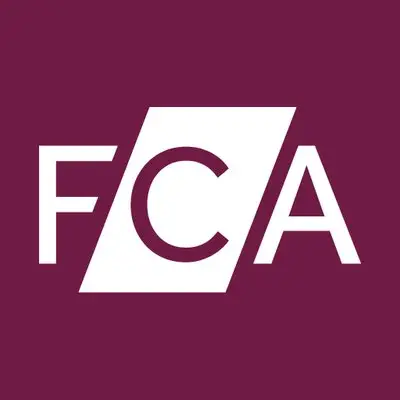In today’s competitive financial landscape, ensuring adherence to the Financial Conduct Authority (FCA) regulations is essential for any business operating within the financial sector. For small and medium-sized enterprises (SMEs), however, managing compliance can appear daunting due to resource constraints and the complexity of regulatory requirements. This blog post outlines practical strategies to simplify FCA compliance, thereby helping SMEs maintain robust regulatory standards while optimizing operational efficiency.
Understanding FCA Compliance for SMEs
FCA compliance refers to the adherence to a comprehensive framework of regulations designed to protect consumers and ensure the integrity of financial markets in the UK. For SMEs, this encompasses understanding the specific requirements that affect their business operations—from conduct standards and data protection measures to anti-money laundering (AML) procedures.
Key FCA regulations relevant to SMEs include:
- Senior Managers and Certification Regime (SMCR): Establishes accountability at the highest levels of management.
- Conduct of Business Sourcebook (COBS): Sets out standards for communication, transparency, and client engagement.
- AML and CTF Regulations: Mandate thorough due diligence and ongoing monitoring to prevent financial crime.
Understanding these regulations is the first step towards developing a compliant yet simplified framework that aligns with your business needs.
Common Compliance Challenges for SMEs
SMEs often face unique challenges when it comes to meeting FCA compliance requirements:
- Limited Resources and Expertise: Unlike larger corporations, SMEs typically have fewer dedicated compliance personnel and limited budgets, which can make comprehensive compliance programs seem out of reach.
- Complex Regulatory Environment: The FCA’s evolving standards and frequent updates require constant monitoring and rapid adaptation, posing a significant challenge for businesses without specialized compliance teams.
- Operational Impacts: Stringent regulatory obligations can disrupt daily operations, particularly if the internal processes are not designed to integrate compliance requirements seamlessly.
Recognizing these challenges is critical to designing solutions that are both effective and manageable.
Strategies to Simplify FCA Compliance
Simplifying FCA compliance involves both streamlining internal processes and adopting modern technologies to reduce the administrative burden. Consider the following strategies:
Streamline Internal Processes and Documentation
Start by reviewing your current compliance framework. Identify redundancies and areas where processes overlap. Develop concise documentation that clearly outlines compliance procedures and responsibilities. This not only reduces complexity but also enhances clarity across your organization.
Leverage Compliance Management Software and Automation
Modern compliance management tools can dramatically simplify regulatory adherence by automating tasks such as document tracking, risk assessments, and regulatory reporting. These software solutions help ensure that your business remains up-to-date with the latest FCA requirements without manual oversight. Automation minimizes human error and allows your team to focus on core business activities.
Implement Targeted Staff Training and Ongoing Education
An informed workforce is essential for maintaining compliance. Invest in targeted training programs that educate your team on FCA regulations and internal compliance policies. Regular refresher courses and updates on regulatory changes ensure that your staff remains well-informed and proactive in addressing compliance challenges.
Develop Clear, Concise Internal Policies
Clear internal policies are the backbone of a simplified compliance framework. Develop policies that are easy to understand and implement, ensuring that every employee knows their role in maintaining compliance. Regularly review and update these policies to reflect any changes in FCA regulations or your business operations.
Leveraging External Support and Resources
While internal measures are crucial, external support can further simplify your compliance efforts:
- Engage Specialized Compliance Consultants: External experts can provide tailored advice and help bridge any gaps in your in-house expertise. Their guidance can be invaluable in developing a robust compliance strategy that is both practical and scalable.
- Utilize Industry Associations and Regulatory Updates: Stay connected with industry bodies and subscribe to FCA updates. These resources offer insights into regulatory trends, best practices, and peer experiences that can help you streamline your compliance process.
- Learn from Case Studies and Success Stories: Reviewing examples of how other SMEs have successfully simplified their FCA compliance can provide actionable insights. Real-world examples highlight best practices and innovative solutions that can be adapted to your unique business context.
What Next?
Simplifying FCA compliance for SMEs is not only achievable but also beneficial in the long term. By streamlining internal processes, leveraging automation tools, investing in staff training, and engaging with external experts, SMEs can develop a compliance framework that is both effective and manageable. This proactive approach not only mitigates regulatory risks but also enhances operational efficiency and boosts customer confidence.
For SMEs operating in an increasingly regulated financial environment, simplifying compliance is a strategic imperative. Start by assessing your current practices, identify areas for improvement, and take concrete steps toward a more streamlined compliance framework. In doing so, you not only protect your business from potential fines and reputational damage but also position it for sustainable growth and success.




